The International Criminal Police Organisation (Interpol) has cautioned individuals to be cautious about fraudsters who “exploiting the fear and uncertainty” around the coronavirus episode to scam peoples out of their cash.
The international law enforcement agency has recorded various tricks that have been accounted for to it by part nations in the wake of the COVID-19 crisis.
The vast majority of the casualties of the wrongdoings answered to Interpol have been in Asia, and the organization has helped with at any rate 30 coronavirus-related cases with connections to Asia and Europe.
Scams linked to the virus include:
- Telephone fraud – criminals call victims pretending to be a clinic or hospital officials, who claim that a relative of the victim has fallen sick with the virus and request payments for medical treatment;
- Phishing – emails claiming to be from national or global health authorities, to trick victims to provide personal credentials or payment details, or to open an attachment containing malware.
How to steer clear of online scams:
- Independently verify the company/individual offering the items before making any purchases;
- Be aware of bogus websites – criminals will often use a web address which looks almost identical to the legitimate one, e.g. ‘abc.org’ instead of ‘abc.com’;
- Check online reviews of a company before making a purchase – for example, have there been complaints of other customers not receiving the promised items?;
- Be wary if asked to make a payment to a bank account located in a different country than where the company is located;
- If you believe you have been the victim of fraud, alert your bank immediately so the payment can be stopped.
- Do not click on links or open attachments which you were not expecting to receive, or come from an unknown sender;
- Be wary of unsolicited emails offering medical equipment or requesting your personal information for medical checks – legitimate health authorities do not normally contact the general public in this manner.
Source: INTERPOL

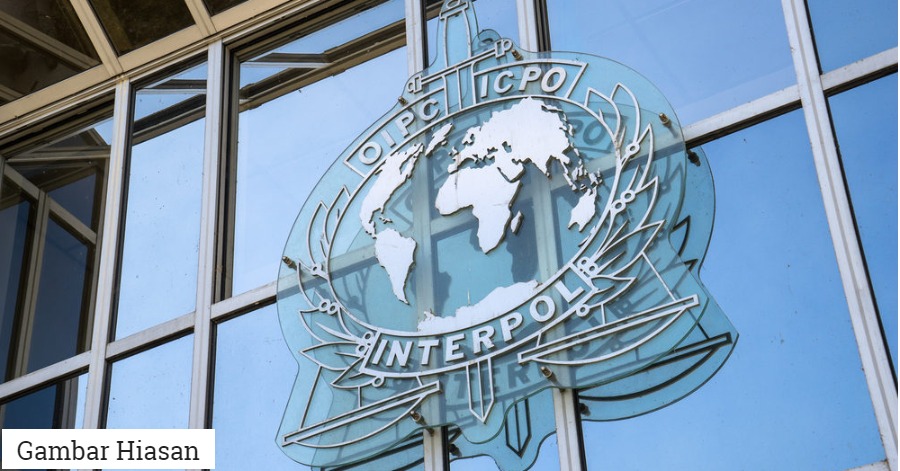
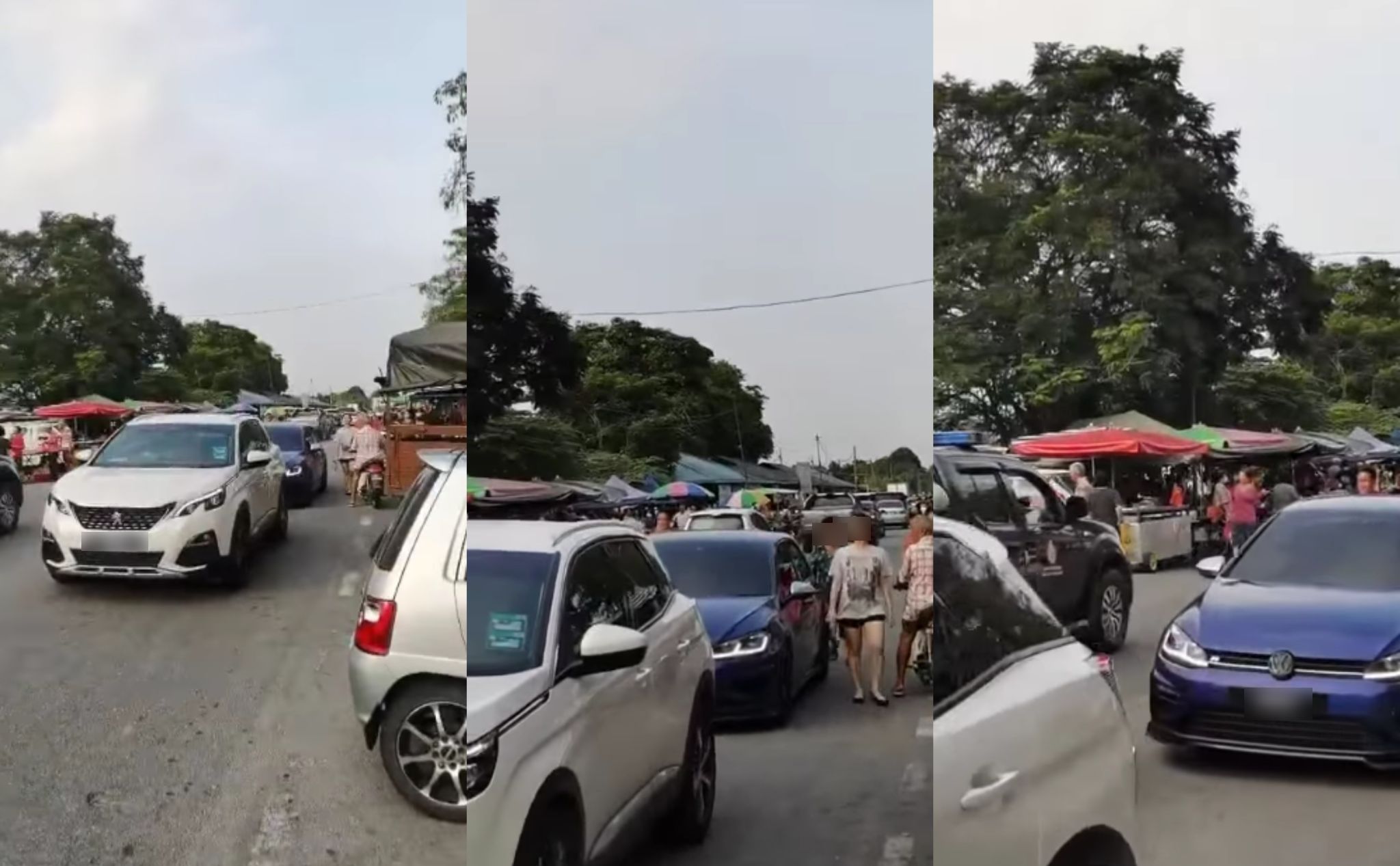

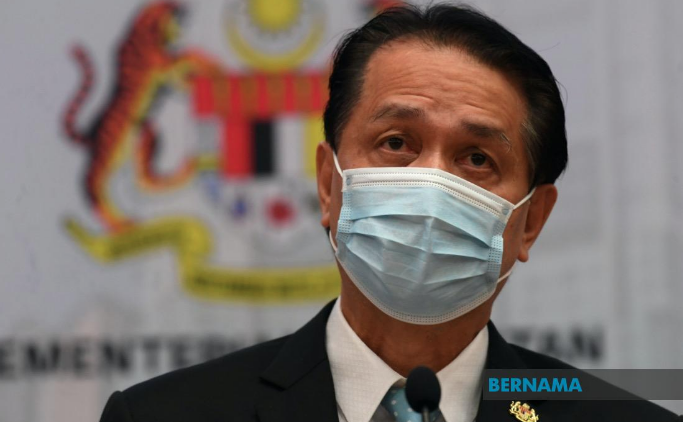

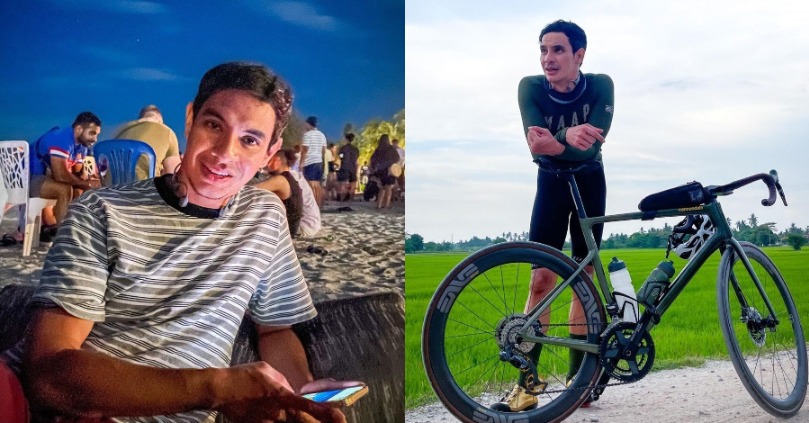
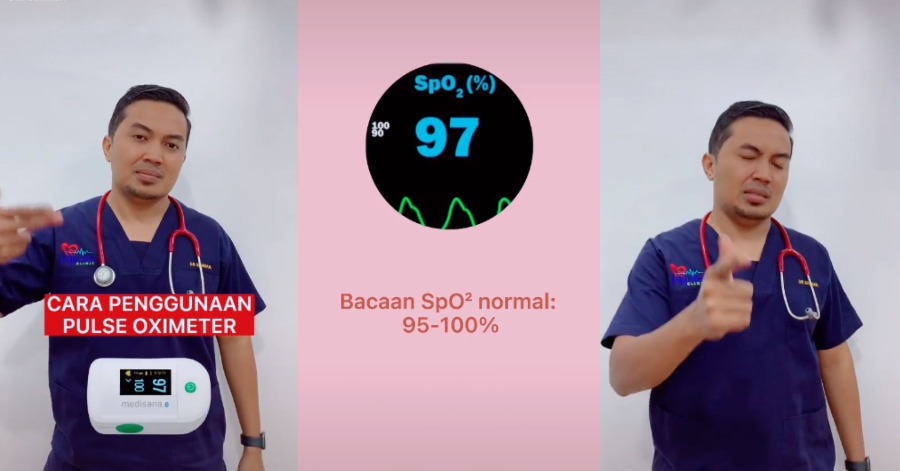
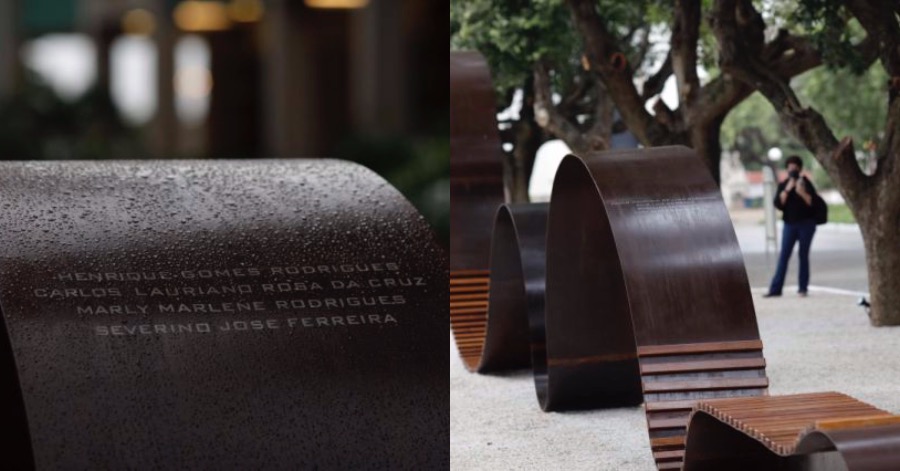
Leave a Comment